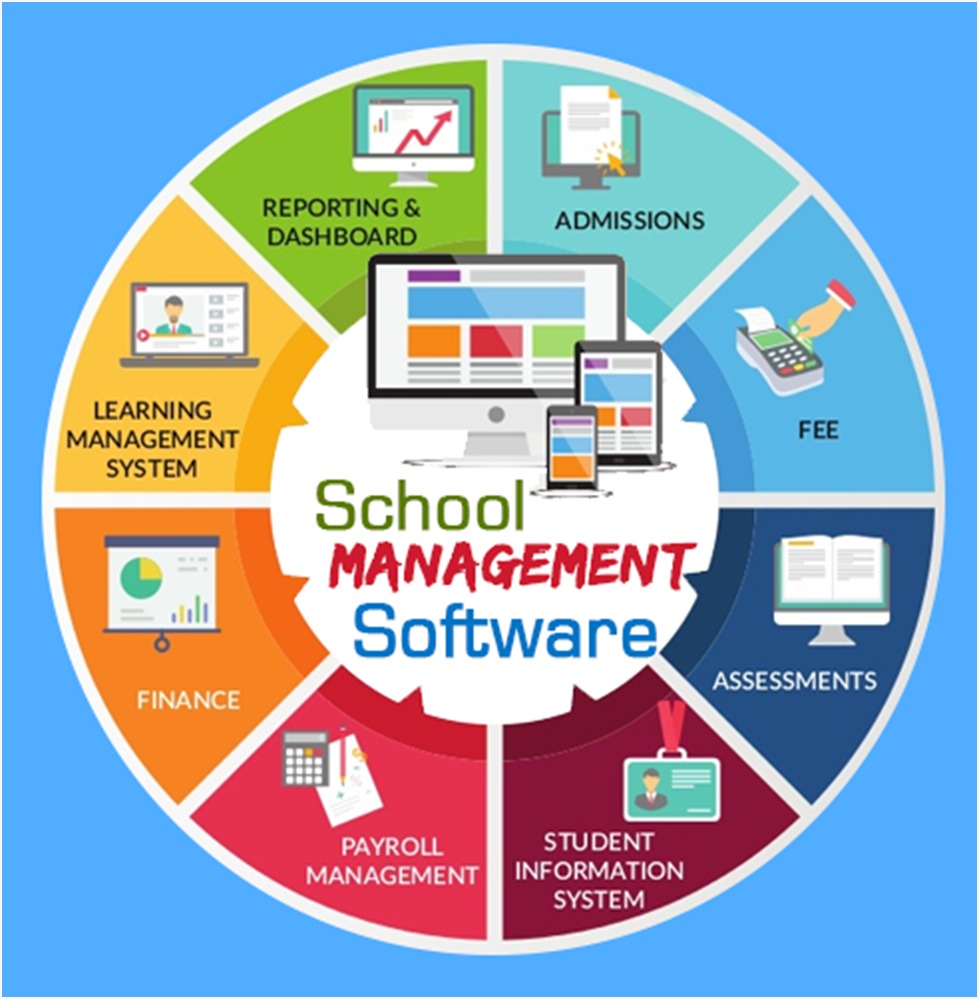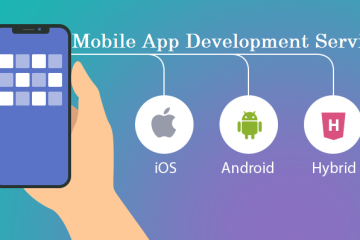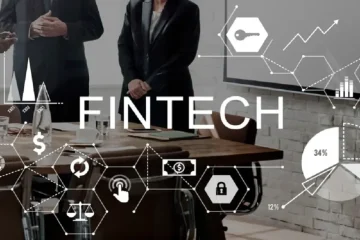School ERP Systems are reshaping the landscape of education administration by streamlining operations, and enhancing communication between stakeholders. As educational institutions navigate the complexities of the modern world, the adoption of Learning Management Software becomes very crucial. This article explores the evolving trends and technologies driving the transformation of School ERP Systems, ushering in a new era of efficiency and effectiveness in school management.
Emerging Trends and Technologies of School ERP Systems
Digital transformation has become imperative for educational institutions, propelling School ERP Systems into a central role. These systems are essential for schools to stay relevant and competitive. Here are the emerging trends and technologies of Learning Management Software;
1. Embracing Digital Learning: Essential for Modern Education
The integration of digital advancements into educational institutions highlights the pivotal role of Learning Management Software and summer camp registration software. These systems stand at the forefront of this transformation, streamlining administrative tasks and fostering enhanced engagement among stakeholders.
2. Cloud-Based Accessibility: Anytime, Anywhere Learning
Cloud-based School ERP Systems represent the future of educational management. Their unparalleled flexibility allows users to access and operate data from any location. This shift ensures instant collaboration and data synchronization across the educational landscape, enhancing overall convenience.
3. Revolutionizing Education with AI and Machine Learning
The advent of machine learning (ML) and artificial intelligence (AI) marks a new era in personalized learning. School ERP systems powered by AI can analyze student performance data, identify learning patterns, and recommend tailored learning paths. This not only enhances overall academic outcomes but also caters to the unique needs of each student.
4. Enhancing Collaboration through Parent and Teacher Portals
Communication is vital in education. The future-ready School ERP Systems feature robust portals for parents and teachers, facilitating seamless interaction. These portals bridge communication gaps and foster a collaborative learning atmosphere by offering instant messaging and real-time updates on student progress.
5. Ensuring Data Security in Digital Education Environments
In an increasingly digital world, safeguarding data is crucial. Future School ERP Systems prioritize robust cybersecurity measures to protect sensitive student and institutional information. These advanced systems incorporate features like multi-factor authentication, encryption, and regular security checks to uphold data integrity.
6. Creating Smart Campuses with Internet of Things Integration
Picture a campus where safety and efficiency are enhanced through device communication. School ERP Systems with IoT integration enable smart classrooms, automated attendance tracking, and real-time facility monitoring. This not only simplifies tasks but also cultivates a technologically advanced and secure learning environment.
7. Enhancing Learning with Mobile Apps
Mobile applications are now integral components of School ERP Systems, offering more than just supplementary features. The future sees a surge in mobile app usage, granting educators, parents, and students instant access to crucial data, assignments, and updates on the go. With mobile apps, education becomes accessible anytime, anywhere, extending beyond the confines of the traditional classroom.
8. Blockchain Revolutionizing Education Credentials
Blockchain technology is reshaping how academic qualifications are verified. School ERP Systems of the future harness blockchain for transparent and secure record-keeping, ensuring the authenticity of academic achievements. This enhances the credibility of educational institutions while simplifying the verification process.
9. Enhancing Education with Augmented and Virtual Reality
School ERP Systems are embracing AR and VR to create immersive learning experiences. Picture classrooms where students interact with 3D models or virtually explore ancient civilizations during history lessons. These technologies introduce a new dimension to learning, moving beyond traditional teaching methods.
10. Improving Assessment with Adaptive Feedback Systems
School ERP Systems are integrating adaptive feedback mechanisms to replace traditional assessments. AI-powered tests provide immediate insights into student performance, empowering teachers to adjust their teaching methods accordingly. Quick feedback loops enable students to address areas of weakness promptly, fostering continuous improvement.
Conclusion
The ongoing evolution of school management softwarepresents a transformative shift in education management. These systems, equipped with innovative technologies like AI, cloud-based accessibility, and augmented reality, are revolutionizing the educational world. By prioritizing communication, data security, and adaptive feedback mechanisms, they pave the way for enhanced collaboration, personalized learning, and continuous improvement. Embracing these emerging trends ensures that educational institutions remain agile, efficient, and equipped to meet the evolving needs of learners and stakeholders in the digital age.




